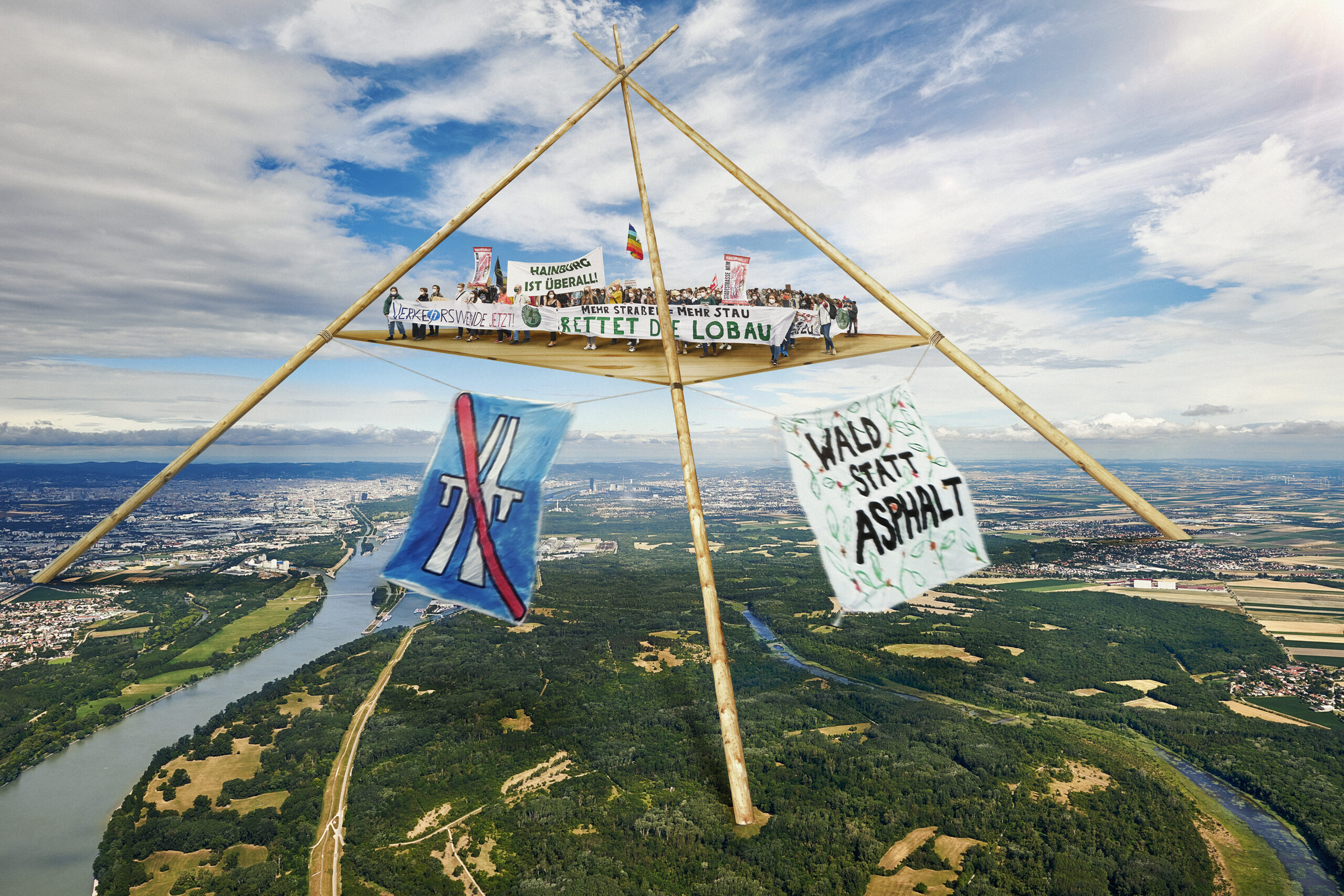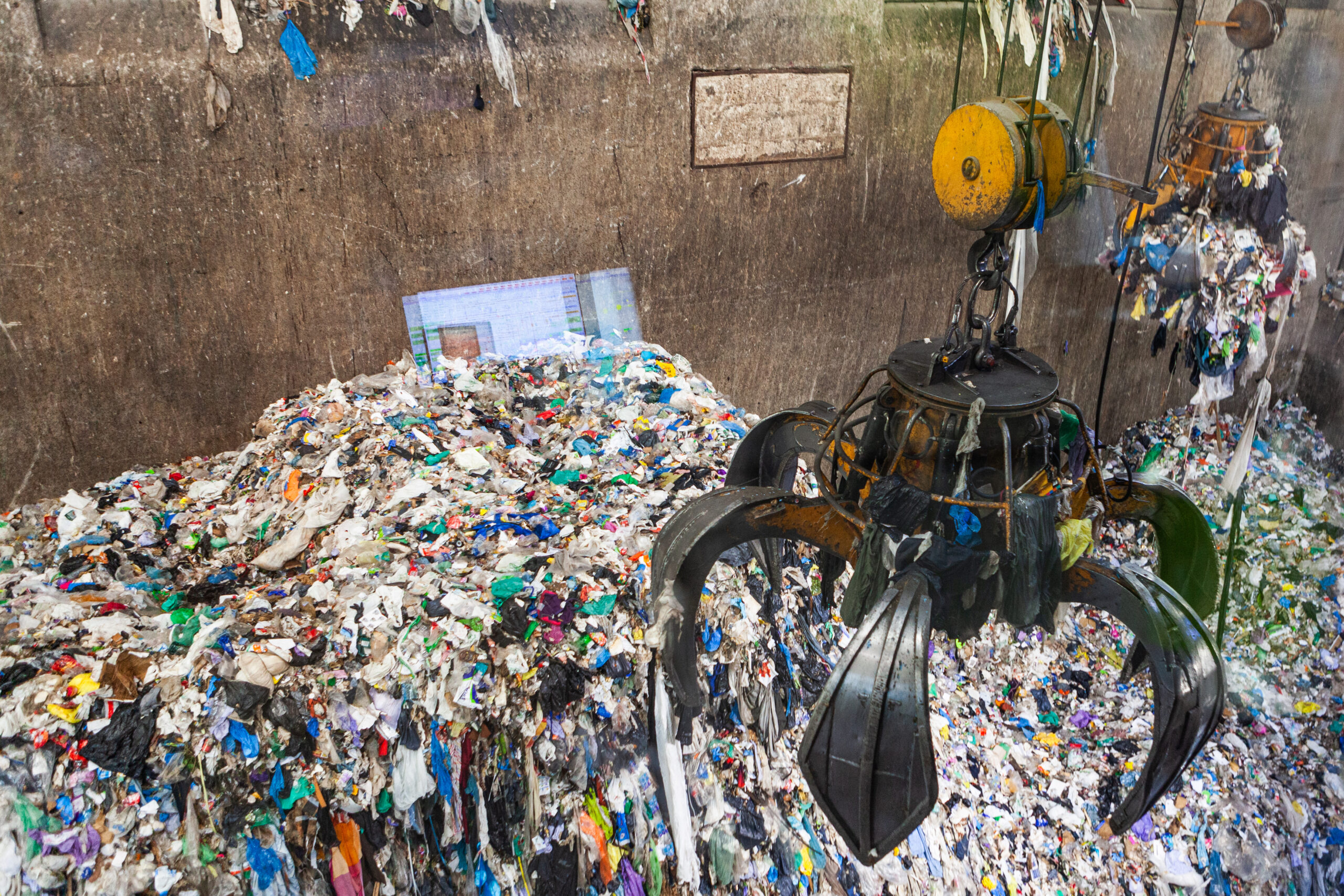Carolyn Merchant is a philosopher and historian of environment and science. Her book The Death of Nature: Women, Ecology, and the Scientific Revolution is one of the most influential works of radical ecological thought, a pioneering work of ecofeminism. In it, Merchant exposes how the Scientific Revolution of the 17th century, which accompanied the emergence of capitalism, served to dissect, reify and atomize nature, with which the female gender was associated. The domination of nature, consequently, would be accompanied by an effort to “domesticate” women, reducing both to inert objects of study and exoticization. The text we invite you to read is a retrospective look 25 years after the publication of the book, with answers to some of the controversies it had aroused during that time, especially in relation to Francis Bacon.
The Scientific Revolution and ‘The Death of Nature’
Related Posts

Seminar: “Militant Ecotopias”
In recent years, we have witnessed a resurgence of interest in ecological utopias within social movements, artistic spaces, intellectual circles, and society in general. This search for ways to integrate the promises of a better world within planetary limits is valuable in itself, and at the same time historically significant: it reveals that environmentalism demands…

Permanent Seminar “Images (of Art) and Political Ecology”. IX Session: “Water, energy and dispossession in the imaginaries of the Francoist hydromodernity”, with Carmen Martín-Luquero.
Source: Fernando López Heptener, La presa de Aldeadávila, 1963, available at: https://www.youtube.com/watch?v=-X_yduTT1EQ. Spain is one of the countries with the largest number of dams, about 1,200. Many were built during Franco’s dictatorship as part of his emblematic hydraulic policy, aimed at addressing post-war social, economic, and energy crises. Aside from the failed autarkic economic project, this…

Permanent Seminar “Images (of Art) and Political Ecology”. VIII Session: “Energy Aesthetics. Alternatives to the Fossil and Social Footprint of Cement”, with Elena Lavellés
Photograph: Elena Lavellés. Cranes at the Valdemingómez landfill. Documentation visit 2024. The limits of nature are dissolved under layers of cement, CO2 emitted into the atmosphere and waste produced from the activity of human beings. This overview leads us to a new vision that exceeds our capacity of comprehension and places us on the edge…

